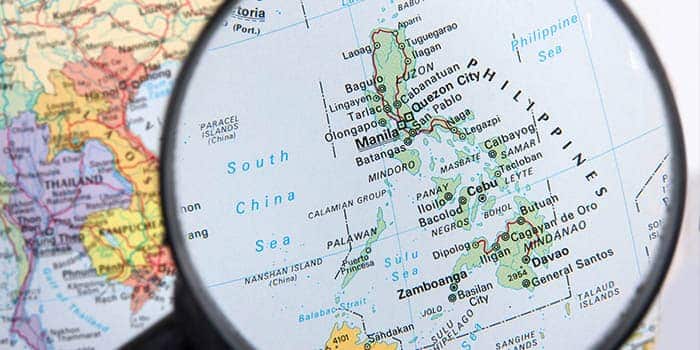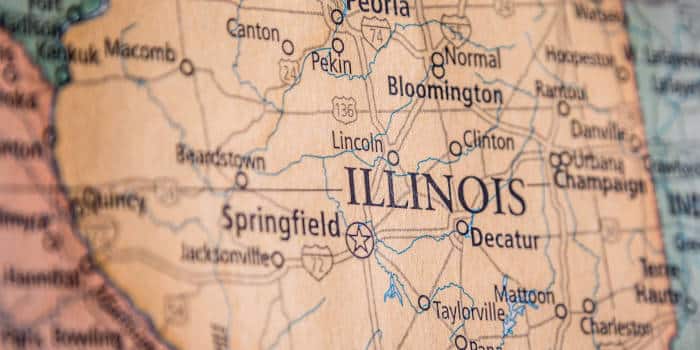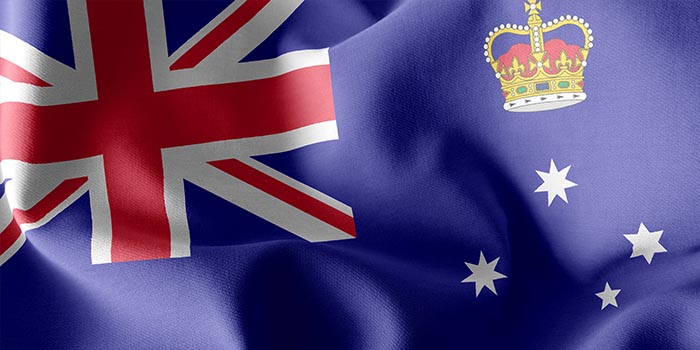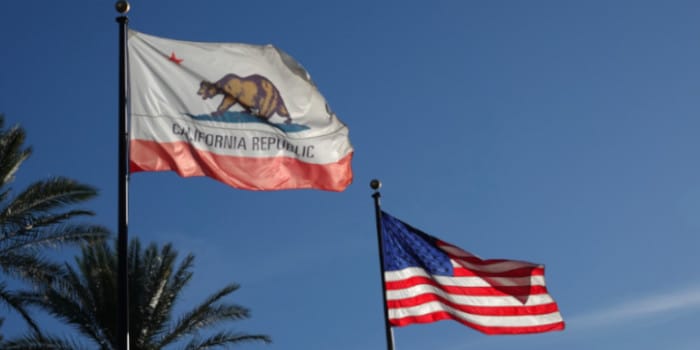- Casino
- By State
- Alabama
- Alaska
- Arizona
- Arkansas
- California
- Colorado
- Connecticut
- Delaware
- Georgia
- Florida
- Hawaii
- Idaho
- Illinois
- Indiana
- Iowa
- Kansas
- Kentucky
- Louisiana
- Maine
- Massachusetts
- Maryland
- Michigan
- Minnesota
- Mississippi
- Missouri
- Montana
- Nebraska
- Nevada
- New Hampshire
- New Jersey
- New Mexico
- New York
- North Carolina
- North Dakota
- Ohio
- Oklahoma
- Oregon
- Pennsylvania
- Rhode Island
- South Carolina
- South Dakota
- Tennessee
- Texas
- Utah
- Vermont
- Virginia
- Washington
- West Virginia
- Wisconsin
- Wyoming
- By State
- Slots
- Poker
- Sports
- Esports
NT Government Released Four Worrying Gambling Harm Reports

The reports rely on data from 2018 and were concluded in 2021. However, it took a further 13 months until they were made public, and there’s a worrying trend in their conclusions. All reports suggest a mix of legislative and structural changes, signaling there’s a lot that can be improved on almost all levels. While identifying mistakes or oversights is the first step to improvement, this also means that a lot of people have been suffering as a result of the inadequacies.
Four Gambling Harm Reports
On September 14 the Northern Territory government released four research pieces regarding gambling harm and the social impacts of gambling within the Territory and its Aboriginal communities. An ABC report on these reports pointed out that the NT government released the documents only after the national broadcaster asked for copies. These four reports were finished in 2021, but it took more than a year for them to be reviewed by the government and made public, sparking some criticism over the long delays.
All reports have a specific focus point, with “Patterns of online gambling, problem gambling risk and harms in the Northern Territory” focusing on assessing the state of online gambling and its associated socioeconomic and health risks for NT specifically, along with a focus on gambling harm on a personal level. Another provides measurements of gambling harm in five specific domains – criminal, financial, emotional/psychological, work/study, and relationships/family.
It also measures how pervasive it is, and carries the title “Measuring incidence and prevalence of gambling-related harms in the Northern Territory”. A deep dive into the social impact of gambling is provided in a research piece named “The social costs of gambling harms in the Northern Territory in 2018”, and the last one focuses on gambling within the Aboriginal communities – “A qualitative investigation of Aboriginal gambling behavior, consequences, risk factors, and help-seeking in the Northern Territory.”
Gambling Reforms Urgently Needed
The four reports were conducted by Menzies School of Health Research, are apparently part of an assignment from 2018, and were funded by grants provided by the NT government Community Benefit Fund. A worrying trend is that although all reports have different focal points, none fail to recommend gambling reforms in some shape or form. This is indicative that the legislation is most likely in need of a general overhaul, and the fact that people are suffering from its inadequateness makes this need for updates “urgent”.
The report focused on online gambling says that “there is an urgent need” to limit the players’ access and exposure to online gambling, and apply a “consumer protection model” instead of the current one that puts the responsibility in the hands of the gambler. The current model’s obvious flaw is that restraint and responsibility are usually not traits associated with people who’re suffering from compulsive behavior. With how prevalent online gambling is becoming, these changes can obviously not come soon enough, when the health of those at risk is concerned. Furthermore, in situ gaming was also covered, with recommendations on limiting the number of pokies in clubs and pubs, as well as a 10x cut in the number of money players can load at once, down to AU$100.
As measurements of gambling harm were provided in another report, it estimates that “between $164.9 million and $381.3 million” (US$105.34 million and US$243.58 million) is the cost of gambling harm within the five domains that it focused on. These figures are probably considered a bit conservative, as the report says these estimations are “at the low end”.
This report also called for changes, recommending a “comprehensive public health approach”, as well as “sustainable funding of health promotion campaigns”. This indicates that as the system stands currently, those who are at high risk of or are already affected by gambling harm within any of the domains most likely don’t have access to enough preventative resources, resulting in them not only suffering but also costing the state a lot of money. This is made perfectly clear in the study that examined the social costs of gambling harm specifically, where more than two thousand adults were reported where “kids missed out on school or something,” as a direct result of gambling harm on the adult.
This makes estimations difficult not only in terms of figures but also in terms of how gambling affects the population on a large scale. However, it’s important to note that it’s also stated that gambling harms might be “significant” but they’re still “smaller than the costs of some other risk factors such as alcohol.”
As for the study focusing on Aboriginal communities, the findings were incredibly detailed, with numerous recommendations on how to improve the state of gambling among them. This includes establishing gambling support services in “remote areas”, the lack of which can be especially harmful, as venues often offer free incentives for gambling.
The research recommends both limiting and regulating free incentives, as well as having support services, aiming at preventing people from “gambling excessively”. The report goes as far as recommending the employment of “gambling support workers” that would “check on people and offer support” on-site at venues, indicating that the problems need solutions now, urgently. This is further stressed by the fact that all four reports took data from a 2018 survey. If there haven’t been any organic improvements, the worsening trends would mean that the recommendations from these reports should not only be considered but should probably be accepted as foundational, rather than exhaustive.
Kyamil is a big tech fan, who loves hummus on everything and has enjoyed writing from a young age. From essays, through personal art, to news pieces and more serious tech analysis. In recent years he’s found fintech and gambling collide with all his interests, so he truly shares our core passion for the entire gambling scene and furthering the education of the mass citizen on these topics.
Previous Article

Casino
September 28, 2022
New Jersey Files Motion to Stop Cancelation of Casinos Tax Break

Must Read
Casino
July 15, 2025
Uno Is Coming for Casinos in the United States
More Articles




Industry
July 18, 2025
Carnival Corporation Becomes Member of AGA

Casino
July 18, 2025
Evolution on Q2 Results: “2025 Will Be a Great Year”

Industry
July 17, 2025
PAGCOR to Pre-Screen Gambling Ads Before Going Live













